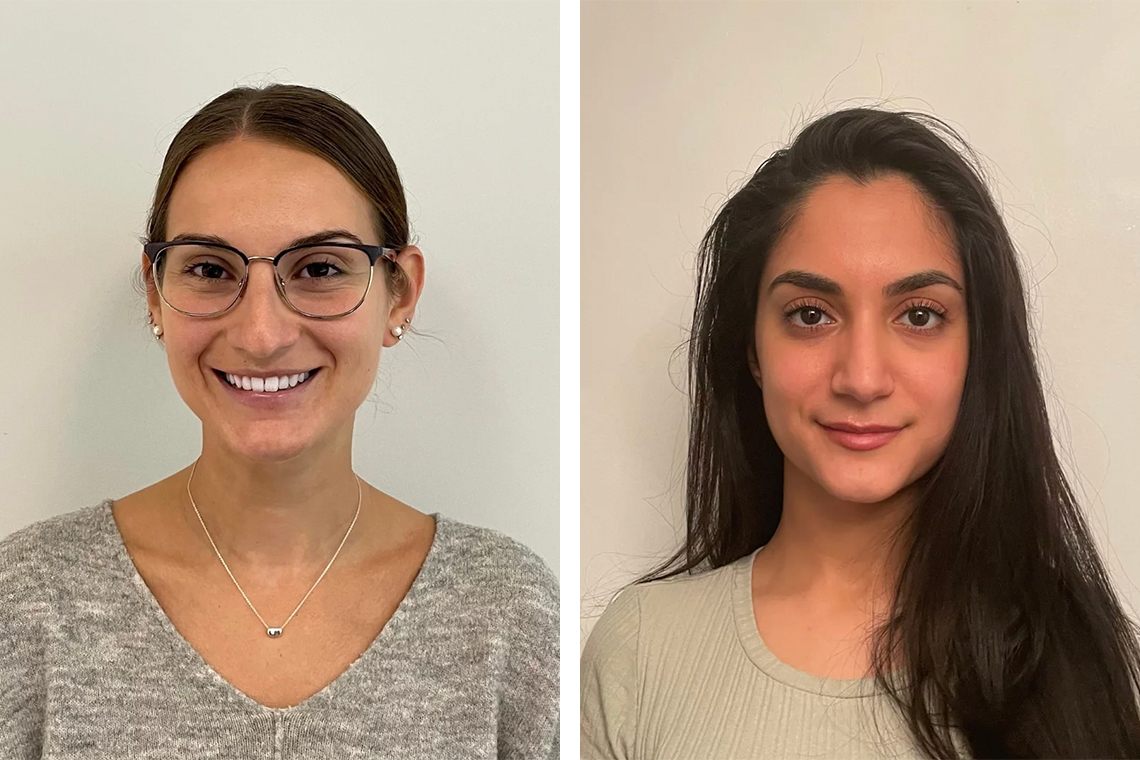Main Second Level Navigation
Oct 4, 2023
Occupational therapy and the fertility journey
Sabrina Teles and Sofia Mirzazada saw an opportunity to support people undergoing fertility treatment through occupational therapy. So, they designed a program to do it.

Tripod Fertility Clinic
Sabrina Teles and Sofia Mirzazada